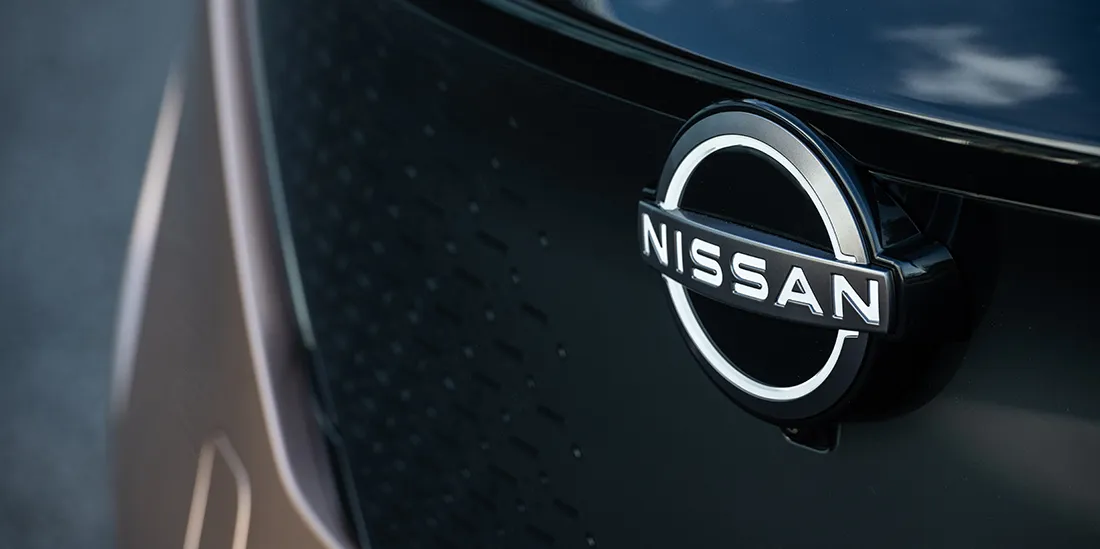Nissan Meets its Annual Profit Forecasts but Reduces its Target for Unit Sales
The Japanese automaker maintained its profit forecasts for the full year on Thursday, saying that chip shortages and other disruptions from Covid would depress sales volumes. However, Nissan said that it would fight back through "strict financial discipline".
In an effort to rebalance its fraught alliance with Renault, the Japanese auto giant, which signed a landmark deal this week, predicted that the shortage of semiconductors in the industry would lead to more production setbacks.
Ashwani Gupta, the chief operating officer of the carmaker, told reporters that there will be mostly declines in China and North America, as he lowered his forecast for the annual unit sales by eight percent to 3.4 million vehicles.
However, he struck a tone of optimism with his statement, saying that he believes that "the US is absolutely fine, and we will recover in China.".
" It is certainly true that what we are seeing today, in the month of February, is that markets are recovering," he explained.
There has been no change in Nissan's outlook on Thursday for its fiscal year 2022-23, and the company still expects a net profit of 155 billion yen ($1.2 billion) and operating income to remain unchanged.
"The company faces a series of headwinds, including strong currency fluctuations and an increase in raw material prices", in addition to the spread of Covid-19 infections in China, which it said are among the company's challenges.
It is expected, however, that Nissan will be able to offset the negative impact of volume decline in the first quarter of the year by continuing to improve its performance while maintaining strict financial discipline.
Despite the positive impact of a weaker yen, which makes exporters' profits higher, net profit fell 43 percent year-over-year to 115 billion yen in the nine months to December.
On the other hand, the third quarter of the current year saw a 55 percent increase in net profit over the same period the previous year.
It has been a challenging business environment in the third quarter, but we have launched new models in each market that have received a very positive response from our customers, and we are feeling a very strong response for the future", says CEO Makoto Uchida in an announcement.
This news follows closely on the heels of Nissan's landmark agreement with its French partner Renault in which the alliance between the two companies was rebalanced.
It is expected that the revised partnership is expected to end Renault's decades-long dominance over Nissan, which has often been dubbed the "unequal treaty", slashing the French company's share of Nissan to 15 percent from 43.4 percent, ending decades of dominance.
Nissan also agreed to take up to 15 percent of Renault's new venture Ampere, which will develop electric vehicles, as part of the agreement.
With this news, Nissan has continued its recent years of turmoil, which have included the arrest of its former chief Carlos Ghosn, chip shortages caused by a pandemic, and the conflict in Ukraine, which have led the automaker to leave Russia citing disruptions in its supply chain.
There are some analysts who believe that even after the revamp of the Nissan-Renault relationship, there will likely be uncertainty about Nissan's path to recovery, even after the overhaul.
S&P Global Ratings attributed this view to "persistent turmoil in supply chains, reflected in shortages of semiconductors, price hikes of key materials, and expected increases in electrification spending".
Tokai Tokyo Research Institute analyst Seiji Sugiura told AFP that producing fewer cars could be beneficial for the company.
The company previously relied on discounts and incentives as a way to increase sales, but it no longer has to do so and is now capable of increasing prices as a result," he explained.

Subscribe to our newsletter!
As a leading independent research provider, TradeAlgo keeps you connected from anywhere.








